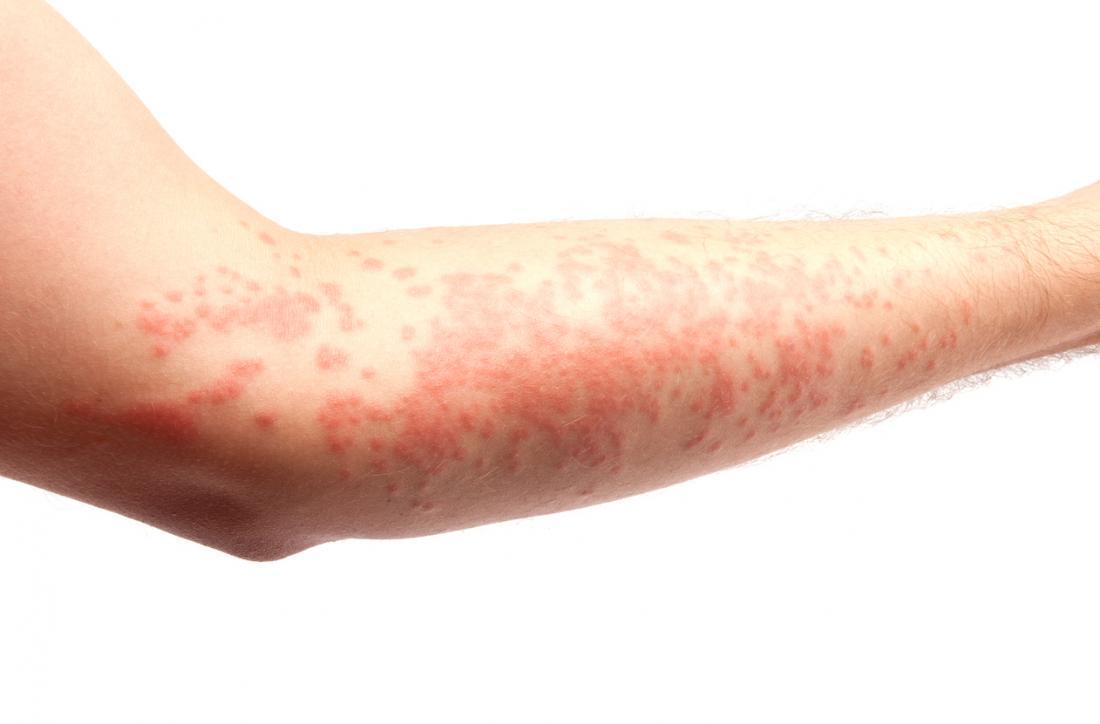Lifestyle and Beauty
Genital Warts - The Complete Guide By A Dermatologist

What are genital warts, & do they pose a serious risk to my health?
Genital warts are soft and fleshy growths in the genital area. They are one of the most common types of sexually transmitted infections (STIs) and happen to both men and women.
You might feel pain and itchiness in your genital area indicating the presence of genital warts which are also known as venereal warts or condylomata acuminata. While you usually develop genital warts within weeks or up to 3 months after you contract the infection, it is possible for you to not develop any symptoms for years.
Genital warts by themselves do not pose a serious risk to your health and they can be treated. However, they are a sign that you have the human papillomavirus (HPV) infection.
High-risk strains of HPV can cause cancer so you need to get treatment for HPV as soon as you discover genital warts or any other symptom of HPV.
Sexually active people are at the highest risk for genital warts.
Causes Of Genital Warts
The main cause of genital warts is HPV. There are over 100 strains of HPV and only a few of these strains can cause genital warts.
However, these strains are highly infectious. Up to 65% of people who have sexual contact with someone who has these HPV strains get the infection. Sexual contact including vaginal, oral or anal sex is also the primary way to get genital warts, especially if you have unprotected sex.
If you have multiple sexual partners or started having sex at a young age, you are at higher risk for genital warts. Smokers also face an increased risk.
Other risk factors include if you have other sexually transmitted infections, a compromised immune system and having sex with someone whose sexual history you do not know.
Symptoms
You may observe the following symptoms for genital warts:
- Small growths in your genital area that can either be the colour of your skin, slightly darker or pink
- Itching
- Bleeding especially during sex
- Burning sensation
- Vaginal discharge and discomfort, if there are warts in the vagina.
Sometimes, your genital warts might be too small to be seen. In such cases, itchiness or discomfort in your genital area can be a telltale sign.
They can occur individually or in a cluster. If there are a few warts together, they might look like the top of a cauliflower and feel smooth or slightly bumpy to the touch.
These are the places where genital warts can appear:
Male
- Penis
- Groin
- Thighs
- Scrotum
- Anus
Female
- Cervix
- Walls of the vagina
- Vulva
- Area between the genitals and the anus
- Anus
If you have had oral sex with someone who has HPV, you might also get genital warts on your mouth, throat, lips or tongue.
Latest Articles
How Are Abdominal Hernias Treated?
What to Expect from Colorectal Surgery
How to Treat Breast Inflammatory Conditions
Gynaecomastia: Understanding Male Breast Cancer
Complications Associated With Genital Warts
Having genital warts indicates that you have a HPV infection.
For women, this can mean you are at high risk for cervical cancer and it is recommended that you go for regular Pap smear screening. Cancer of the vulva and anus can also result.
You may also encounter issues during pregnancy such as the following:
- Warts on the vaginal wall can affect the progression of delivery.
- Genital warts may start bleeding during childbirth as they stretch.
- Urinating might also become difficult due to the expansion of genital warts that arise with hormonal changes.
- It is also possible for a mother to pass genital warts to her baby during delivery.
The men are not spared either. There is an increased risk of penile and anal cancer, and if you have genital warts in your mouth or throat, you can get mouth and throat cancer.
Can Genital Warts Be Prevented?
These are the measures that can help prevent genital warts:
- HPV vaccination
- Abstinence from sexual contact
- Using a condom
- Quitting smoking
- Avoiding multiple sexual partners or sex with someone new who has genital warts
- Regular screening for HPV such as Pap smears
The HPV vaccination can protect you against HPV strains that cause genital warts and cancer. In Singapore, the Gardasil and Gardasil 9 vaccinations protect you against HPV 6 and 11 which cause genital warts. In total, they protect you from the effects of 4 HPV strains and 9 HPV strains respectively. You should ideally have the HPV vaccination before you become sexually active.
You should also undergo regular screening for HPV by going for Pap smear screening as you can still get genital warts even though you or your partner have no visible warts. The HPV vaccination also does not protect you from every single HPV strain so you should go for screening even if you have been vaccinated.
When Should You See A Doctor?
You should see a doctor once you notice bumps or warts in your genital area or your partner’s genital area.
Other signs you should see a doctor include bleeding, burning sensations or pain when you are urinating or having sex.
Abnormal discharge from your penis or vagina is also a sign you need to see a doctor.
If your partner has the symptoms of genital warts, you should see a doctor as well as you have a high risk of having contracted the infection yourself. Sometimes the genital warts are so small that only a doctor’s exam can detect them.
Once you have been diagnosed, your doctor can use any of the following treatment options. By removing genital warts, you are less likely to transmit the infection to your partner. However, there is a risk of recurrence depending on one immune response.
Topical Medication
Your doctor can prescribe you creams that you apply on your genital warts. Warts can take up to 16 weeks to clear depending on the cream.
However, there are possible side effects such as redness or a burning sensation from the cream.
Cryotherapy
Your doctor freezes the warts with liquid nitrogen, causing blisters to form around them. They will slide off as your skin heals and new skin grows. This method may require a few sessions.
Electrocautery & Surgery
Your doctor uses an electric current to burn your warts off. This procedure is undertaken under local or topical anaesthesia. For larger warts, shave excision may be used to remove the bulk of the wart before electrocautery.
Ablative Laser
Lasers can be used to burn and remove genital warts under topical anaesthesia.
See your dermatologist to discuss the right treatment options.
Conclusion
Genital warts are a common infection, and are treatable. They may disappear over time, and treatment is recommended to prevent future complications.
Should you suspect you have genital warts, it’s important to consult a dermatologist, who will be able to diagnose and treat your genital warts.
If you think you have genital warts, talk to your doctor. They can determine if you have warts and what your best treatment options are.
WHO WE ARE
About SOG Health Pte. Ltd.
Established in 2011, SOG Health Pte. Ltd. (“SOG”) is a leading healthcare service provider dedicated to delivering holistic health and wellness services to the modern family.
With a long and established track record in Singapore providing Obstetrics and Gynaecology (“O&G”) services such as pre-pregnancy counselling, delivery, pregnancy and post-delivery care, the Group has since further expanded its spectrum of healthcare services to include Paediatrics, Dermatology, and Cancer-related General Surgery (Colorectal, Breast & Thyroid).
The Group’s clinics, under its four operating segments of O&G, Paediatrics, Oncology and Dermatology, are strategically located throughout Singapore to provide easy access to its patients.
- Obstetrics
- Gynaecology
- GynaeOncology
- Breast, Thyroid & General Surgery
- Colorectal, Endoscopy & General Surgery
- Dermatology
- Paediatrics
Consult With A Specialist From SOG
Visit one of our specialists today to learn more about your health!
Recommended Dermatologists
Book An Appointment
Fill up this form and our clinic will get back to you shortly.
For general enquiries, please click here.




